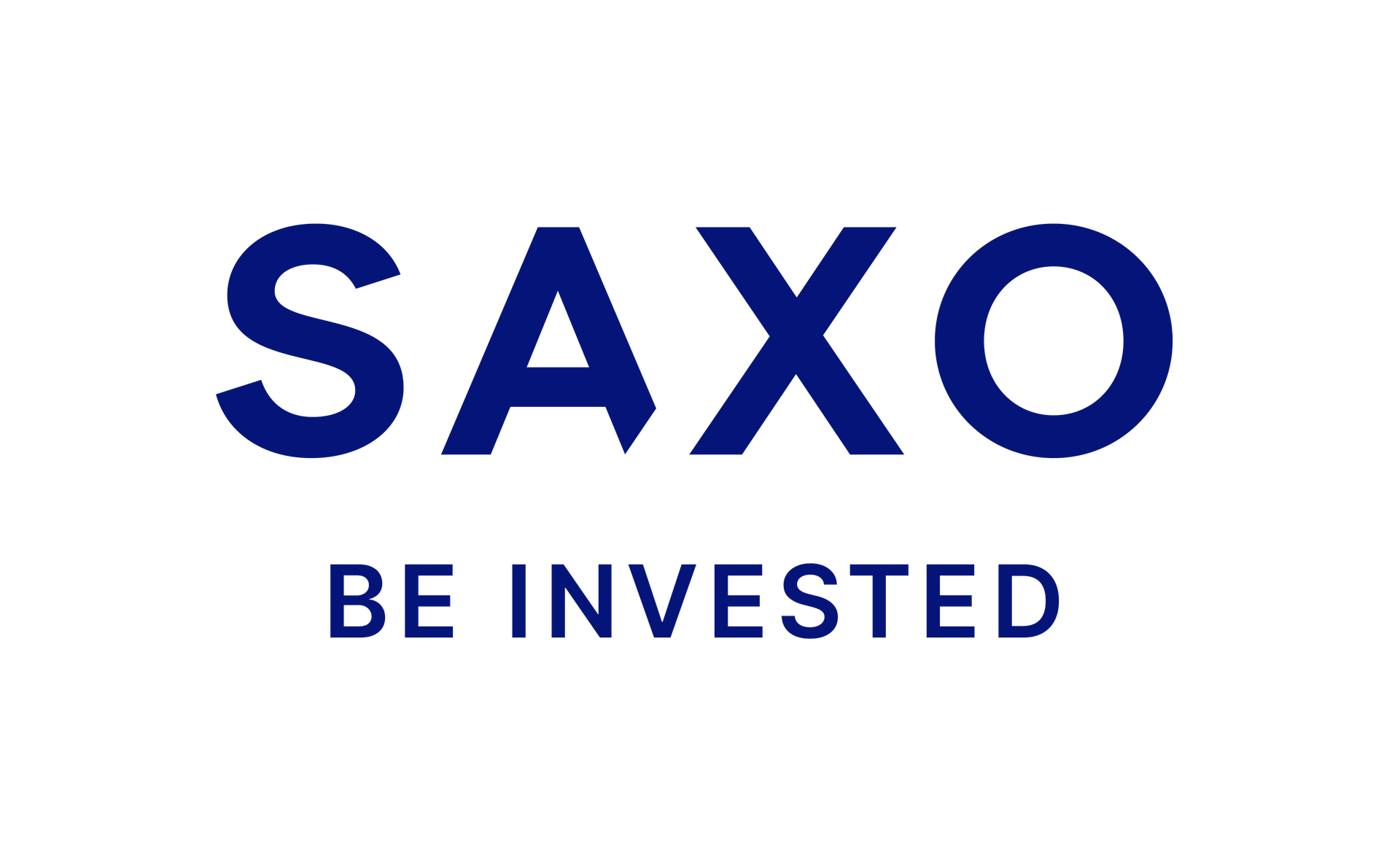Aviva makes £3.3 billion bid for Direct Line: takeover battle erupts as insurer rejects ‘highly opportunistic’ competitor bid
Aviva has launched a bold £3.3 billion bid to take over troubled rival Direct Line.
The FTSE 100 insurance giant, led by Amanda Blanc, announced last night that it has submitted an offer for its smaller rival worth 250p per share.
That was well above the 158.7p Direct Line shares traded yesterday, valued at £2.1 billion.
But the offer was rejected by Direct Line’s board, setting the tone for a takeover battle between now and Christmas.
Blanc and her team’s proposal offered Direct Line investors 112.5p in cash and 0.282 Aviva shares for every share they held in Direct Line.
Together this represented a premium of almost 60 percent compared to the insurer’s closing price the day before the offer was announced.
Swoop: Aviva boss Amanda BlanAviva has launched a bold £3.3 billion bid to buy troubled rival Direct Line
But Direct Line called Aviva’s offer “highly opportunistic” and said it “substantially undervalued the company.”
Under City takeover rules, Aviva now has until 5pm on Christmas Day to decide whether to make a formal offer for Direct Line or walk away.
The battle could lead to a hostile bid, with Aviva going straight to Direct Line shareholders and asking them to back the takeover, against management’s wishes.
It is the second bid for the insurer in less than 12 months, with Direct Line successfully fending off a takeover attempt from Belgian rival Ageas earlier this year.
The group suffered an embarrassment in August when it revealed an accounting blunder that led to the group’s financial strength being perceived to be greater than was actually the case.
Aviva’s move came just weeks after Direct Line boss Adam Winslow, who took over in early March, announced the company was cutting 550 jobs as part of a £100m cost-cutting program to revive its fortunes.
The cuts, which represent 5 percent of the beleaguered insurance company’s workforce, were announced as the group revealed it had lost 71,000 own-brand car insurance customers in the last quarter. Direct Line has implemented price increases as the cost of insurance claims has soared.
But this has led to an exodus of customers with own-brand car insurance, with the total number falling to just over 3 million in the third quarter of this year.
Winslow’s strategy to grow its customer base includes making Direct Line insurance available on price comparison websites for the first time, ending years of resistance to the move among previous bosses.
But his efforts have so far failed to yield results for investors, as Direct Line’s share price has fallen nearly 24 percent since he joined the company.

Direct Line’s leadership has even lost the support of founder Sir Peter Wood, an insurance magnate who founded the company in 1985 as Britain’s first telephone-only insurer.
Wood, 78, told The Mail on Sunday in March that the group had been “horribly” managed for years, making it a perch for predators.
He said it should be sold to a bidder who offers a “decent” price.
Sir Peter added that the company had run ‘so hopelessly for so long’ that it deserved to be taken over by a competitor.
In contrast, Aviva has seen its share price power advance, rising almost 13 percent so far this year. They gained 1.6 percent yesterday to close at 489.3p.
It has put Blanc on the hunt for takeover targets.
Last year the group bought AIG Life for £460m and entered the Lloyd’s insurance market in March with a £242m deal to acquire insurer Probitas.
DIY INVESTMENT PLATFORMS

A. J. Bell

A. J. Bell
Easy investing and ready-made portfolios

Hargreaves Lansdown

Hargreaves Lansdown
Free fund trading and investment ideas

interactive investor

interactive investor
Invest for a fixed amount from € 4.99 per month

Sax

Sax
Get £200 back in trading fees

Trade 212

Trade 212
Free trading and no account fees
Affiliate links: If you purchase a product, This is Money may earn a commission. These deals have been chosen by our editors because we believe they are worth highlighting. This does not affect our editorial independence.
